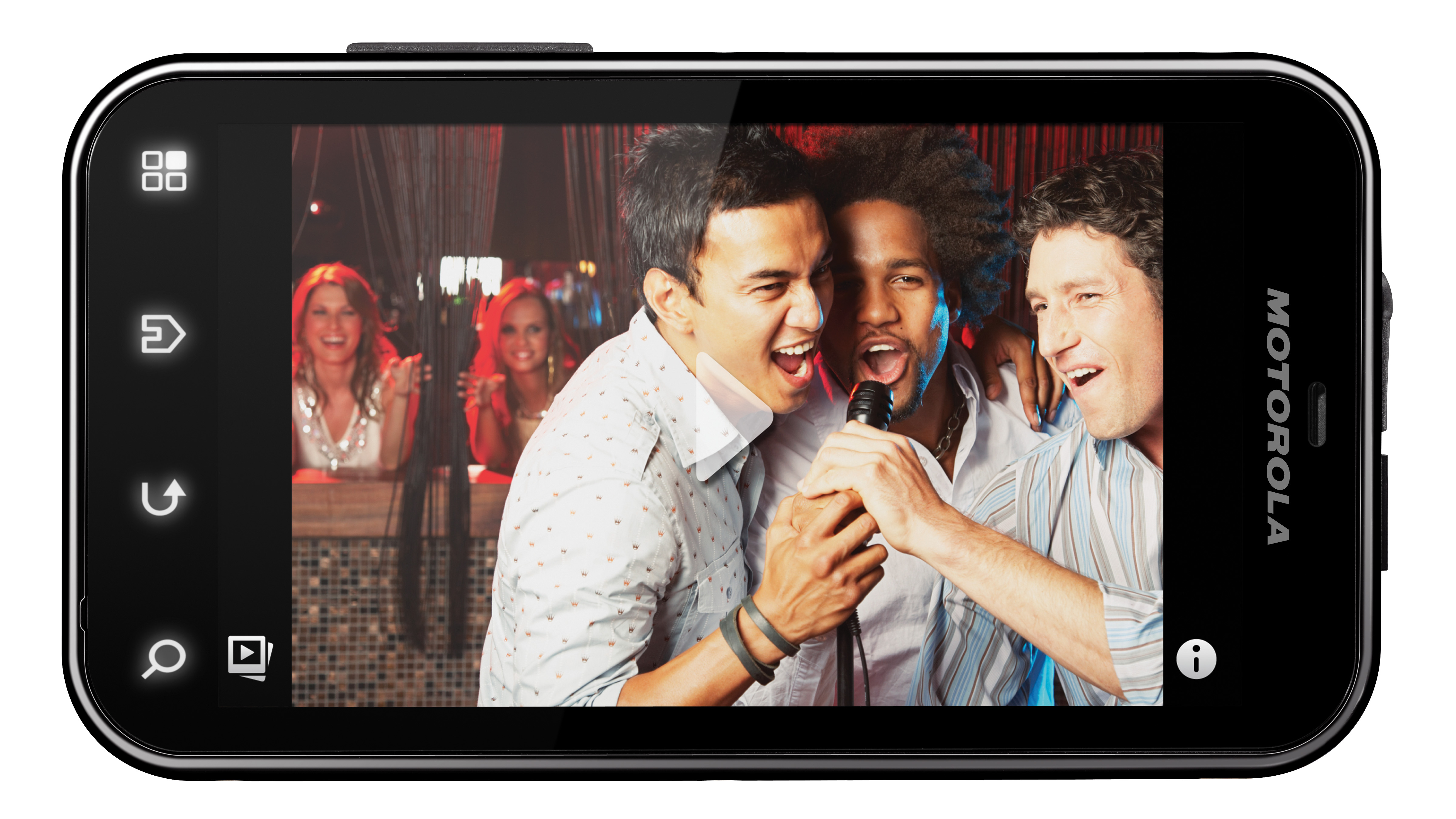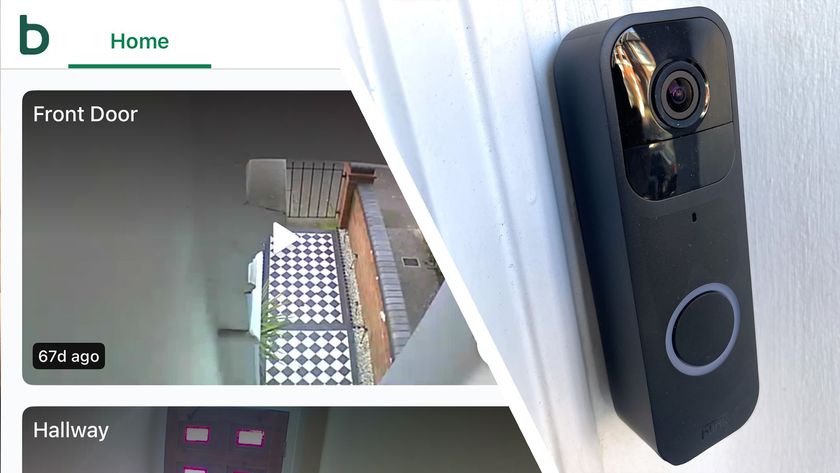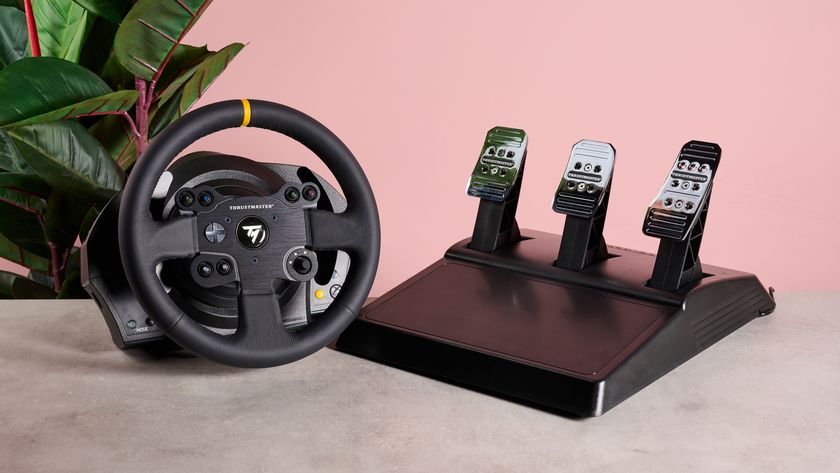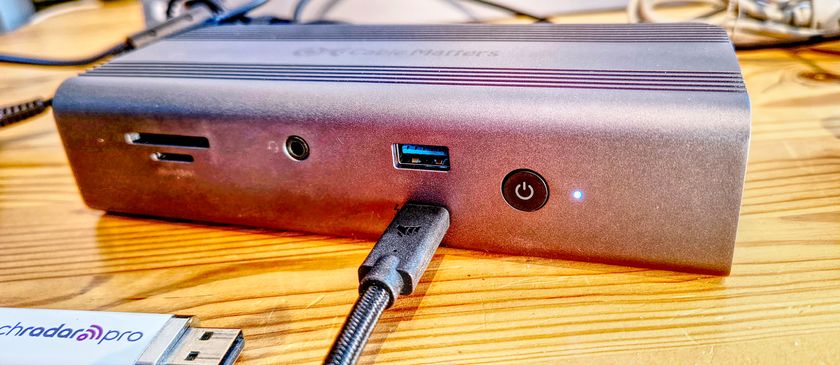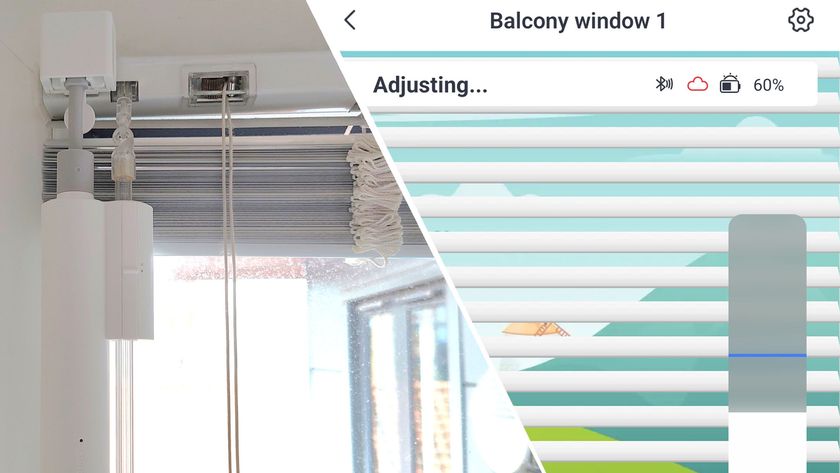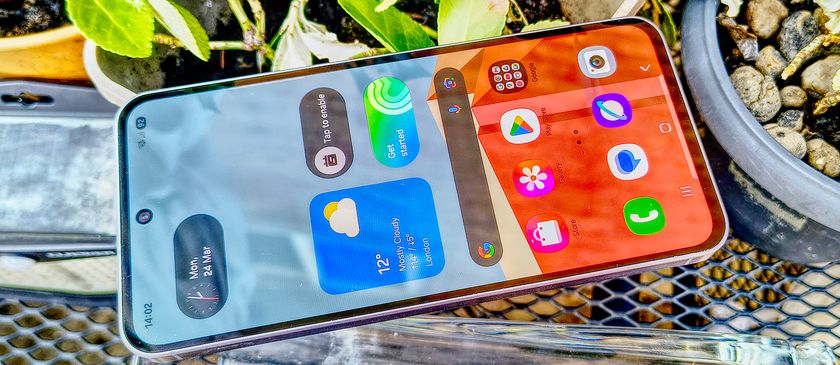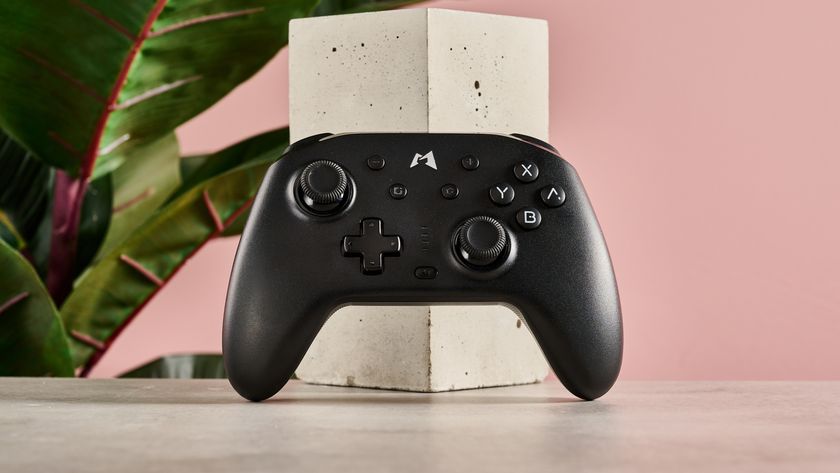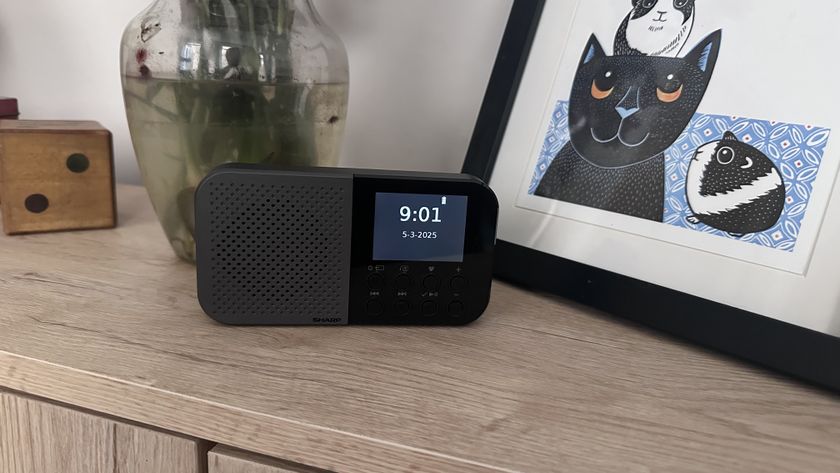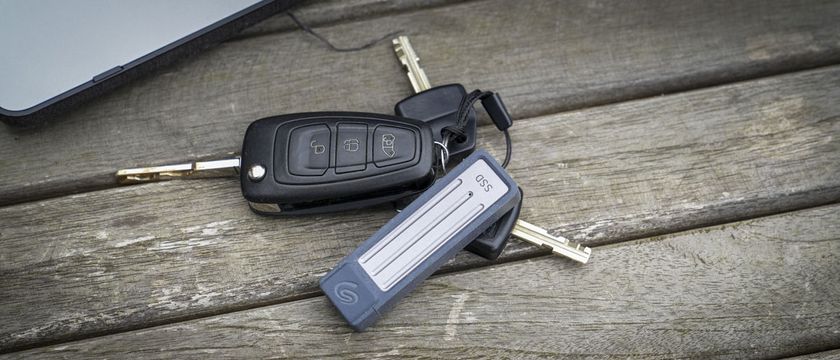TechRadar Verdict
A phone with several very strong usability features, and handy ruggedisation. The Motorola Defy helps Motorola climb up another rung in its rehabilitation from has-been to leading light.
Pros
- +
Good screen
- +
Great media player with connected features
- +
Gorilla Glass screen
- +
Water resistant
- +
Relatively long battery life
Cons
- -
Poorly located microSD card slot
- -
Not enough on board memory
- -
Android 2.1
- -
No smart dialler
- -
Poor camera
Why you can trust TechRadar
If you thought that new twists on Android handsets were getting a bit thin on the ground, take a look at the Motorola Defy. Sporting Moto's love-it-or-hate-it MotoBlur social networking system as seen first on the Dext, the Defy adds an extra we've not seen with Android before: ruggedness.
If you're in the market for a new smartphone, you can check out our quick video guide to what to look out for:
Motorola says the Defy is dustproof, water resistant and scratch resistant. A tough little cookie then.
We got our review sample from Vodafone but we also found it online SIM free for £299.63 inc VAT.
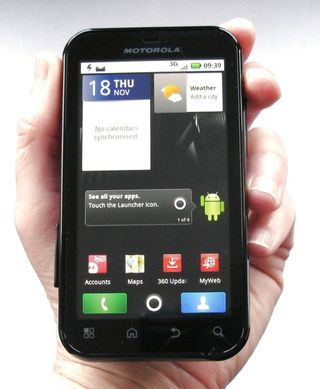
The Defy certainly looks a bit on the tough side. The long edges each sport three screws holding the shiny front plate to the matte rubberised back. There's another screw on the bottom edge.
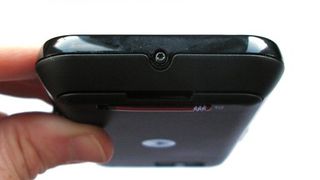
The top mounted 3.5mm headset connector and left side mounted micro-USB port have rubberised covers to help prevent dust and dirt getting in to the Defy's innards. We reckon you'll throw dust protection to the wind and rip the headset jack cover off after a few days because it's a real pain, though the micro-USB cover is less of a nuisance.
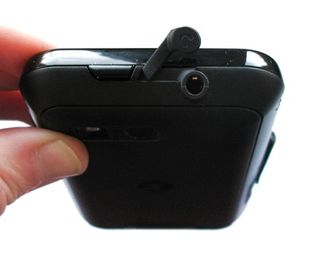
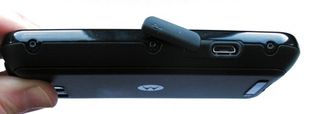
The backplate is held down by a lock slider that helps ensure a snug fit. Both SIM and microSD card slots are under the battery. The latter is here, we suppose, so that there doesn't have to be a side mounted slot, but getting to it is a pain.
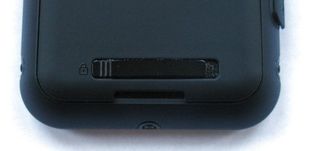
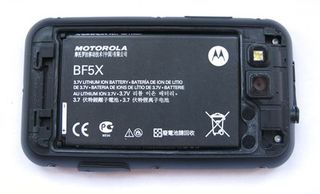
Meanwhile the Gorilla Glass screen is designed to resist scratching. While we avoided attacking the Defy with a mallet, a few attempts to scratch the screen with a pen and some keys were impressively well-handled. We scraped with some gusto, but the screen remained unscratched.
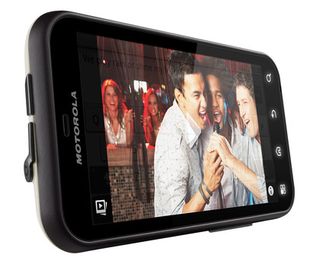
We even ran the phone under a tap for a few minutes and it seemed to deal with that well, too. While the phone survived this water treatment, the capacitive screen loses responsiveness when wet, so don't expect to take the Defy into the bath and use the touchscreen under water. No, we can't think why you'd want to do that either, to be honest.
We also had a go at dropping the Defy deliberately in a few situations. We threw it down some stairs, flung it onto the pavement, and it survived these things unscathed, too.
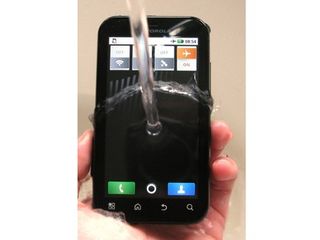
The bottom line is that you certainly could destroy this phone. Drive over it, put the corner of your chair on it when you sit down, drop it into a fire — these things would kill it dead. But it certainly seems to us to be more robust than almost all other handsets, which have screens and chassis that are easy to ding.
None of this shock-proofing has had a negative effect on the general design of the Motorola Defy. It isn't the prettiest handset out there, but its black chassis is no real surprise, and the curved edges are nice enough.
It fits nicely in the hand and pocket, with dimensions on a par with many other handsets at 118g in weight and 107 x 59 x 13.4mm.
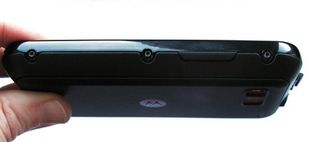
With GPS, Bluetooth, Wi-Fi including 802.11n, and 2GB of built-in storage, the story thus far is good.
Current page: Motorola Defy review: Overview
Next Page Motorola Defy review: Interface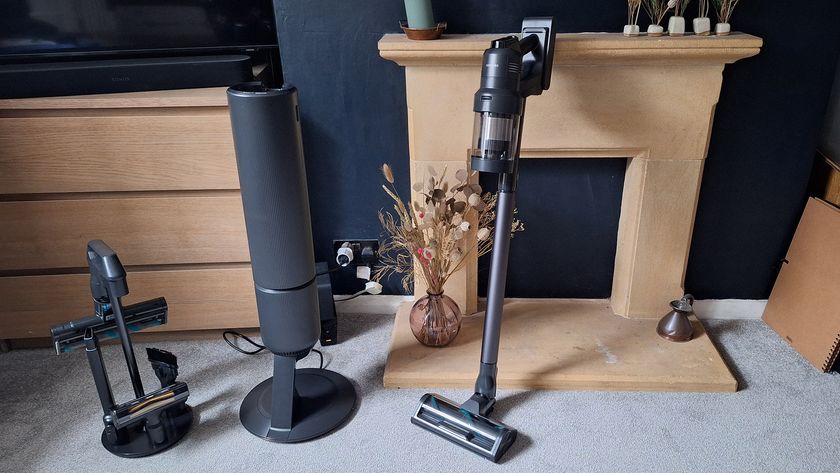
Testing Samsung's new AI-powered vacuum taught me that I don't really need my vac to be know the difference between every single surface
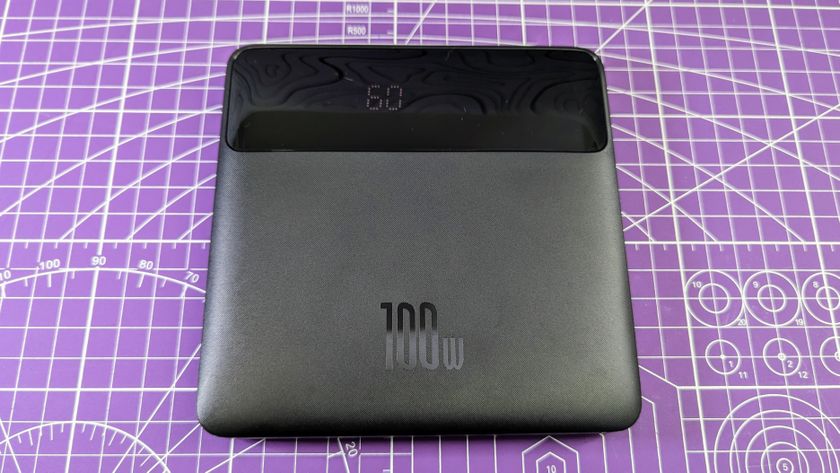
I’ve used a lot of power banks, but the Baseus Blade Pro is the only one slim enough for my laptop sleeve

This is the world's first Thunderbolt 5 LTO tape drive and I can't understand why it exists in the first place
